Protecting the natural habitat of gorillas in the Dja Reserve
CameroonProtecting the natural habitat of gorillas in the Dja Reserve
Duration of the partnership
2017-2019
Location
Cameroon
The project goals
Gorillas are in critical danger of extinction due to the drastic destruction of their habitat, poaching and hunting. The Dja Biosphere Reserve in Cameroon is a UNESCO World Heritage site and protects one of Central Africa’s largest tropical forests, home to western lowland gorillas and many other species of wildlife. Given the strong pressure of human activities on the resources, conservation in the reserve is extremely important.
Since 2012, Awely’s micro-development project in the northern part of the reserve has been helping reduce human pressure by providing literacy training and education to the local population, building awareness about the importance of protecting flora and fauna, and finally developing sustainable income-generating alternatives in the villages
A school and a conservation centre have been built, and trees and ecological gardens are being planted in the villages to help alleviate food insecurity and reduce reliance on forest resources. Gorillas and other wildlife on the northern edge of the reserve are being monitored by community patrols in this part of the forest.
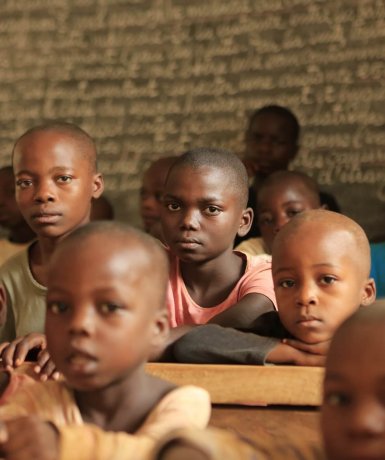
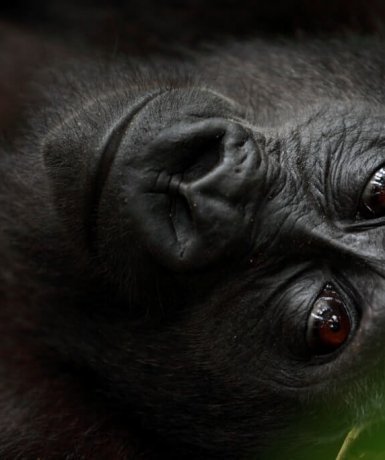
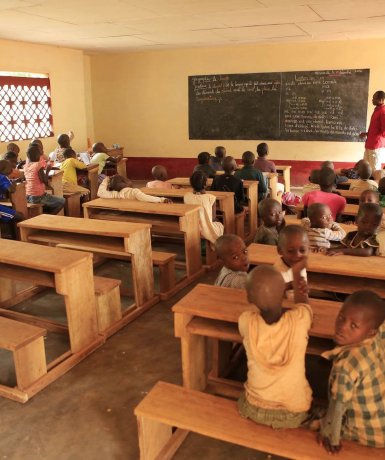
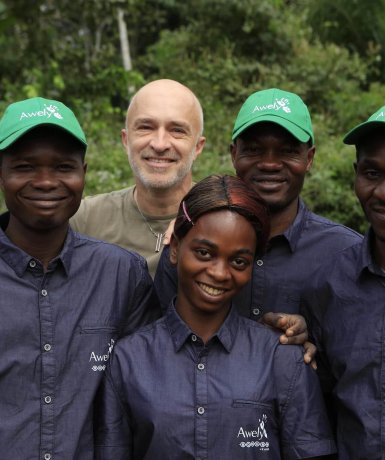
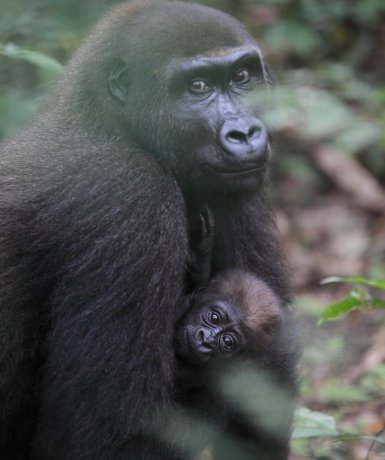
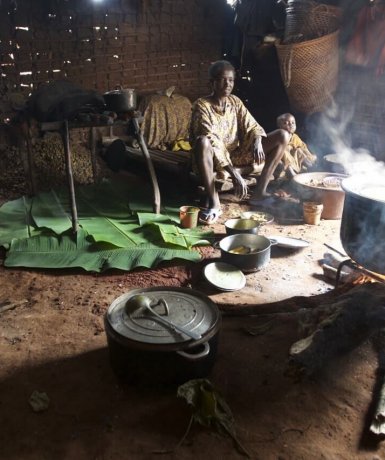
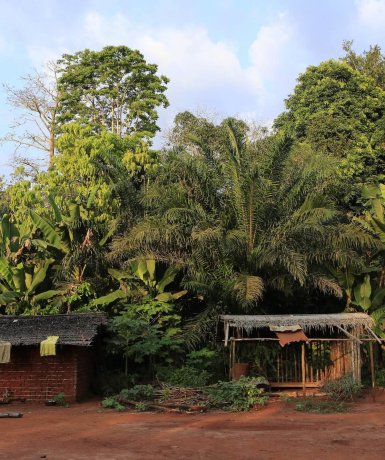
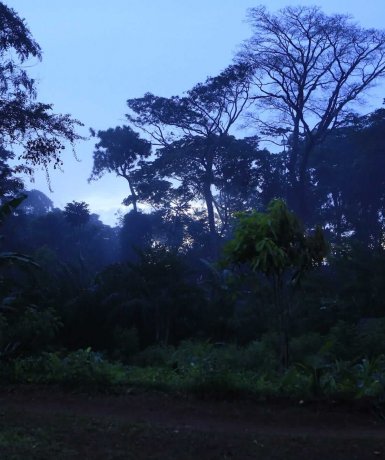
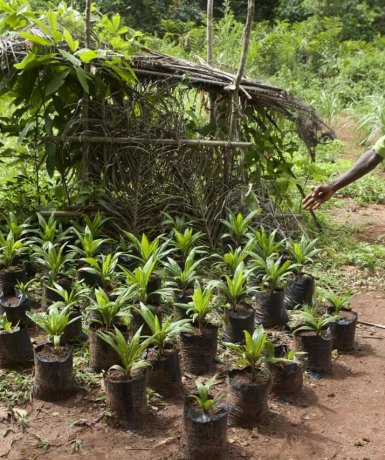
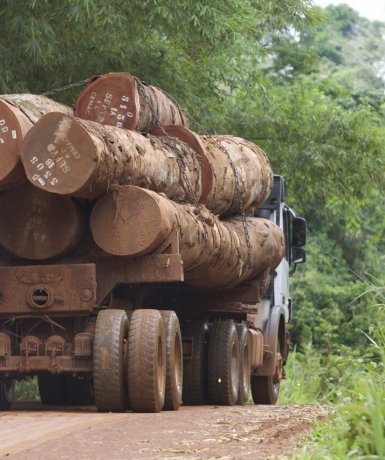
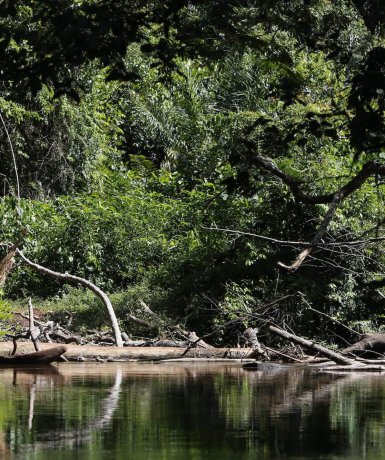
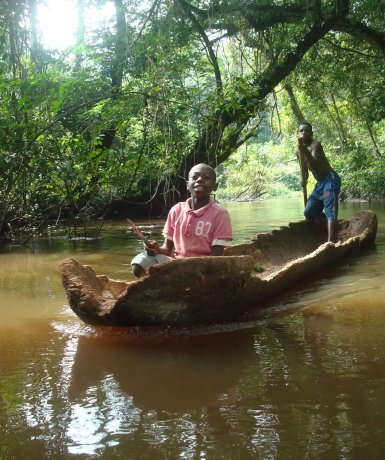
The Beneficiaries
Thanks to the project, 80 children from 10 villages near the Dja Reserve are attending school each year. The inhabitants of the 10 villages also benefit from plantations, ecological gardens and the preservation of their environment.
The province suffers from poverty, with a high illiteracy rate, food insecurity and heavy dependency on forest resources. In the area, there is no health clinic, no school and no electricity.
The project benefits
Awely works to protect gorillas with and for the local communities. That is why the project started with micro-development projects, in particular the construction of a school in 2014. Education is a springboard to conservation. Capacity building, income-generating alternatives and education are key factors in Awely’s strategy to protect gorillas by improving the living conditions of the local populations.
Project leader Awely
Awely, Wildlife and People is a French international organisation founded and directed by Renaud Fulconis. For 10 years, the NGO has been working to protect endangered wildlife and to improve the lives of local communities in Africa, Asia and South America.Website


 Contact us
Contact us 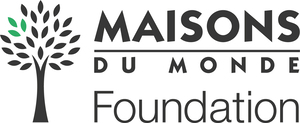

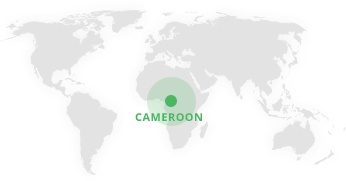


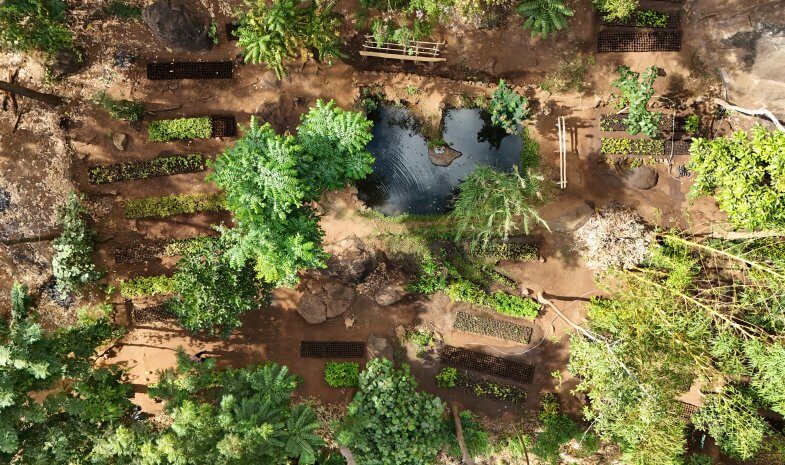
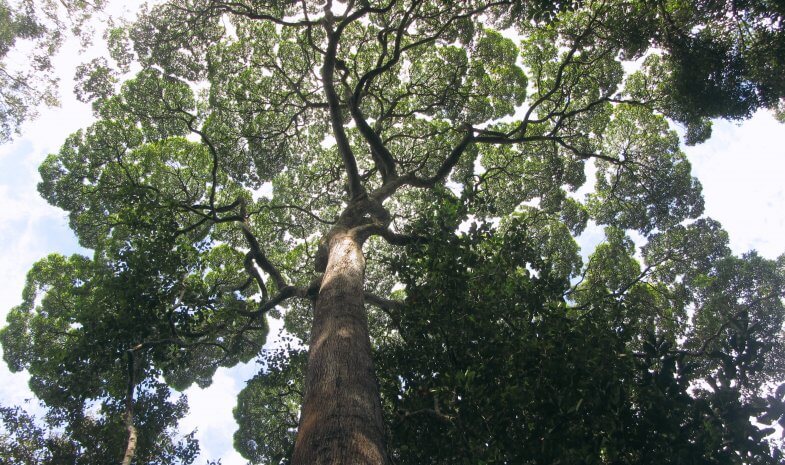
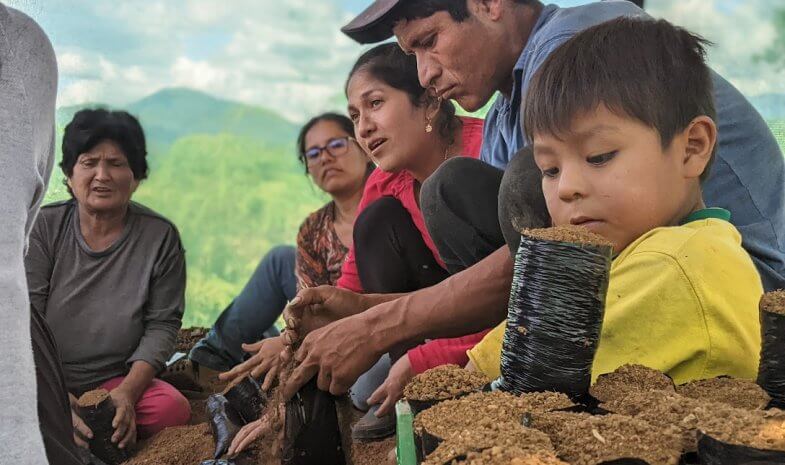
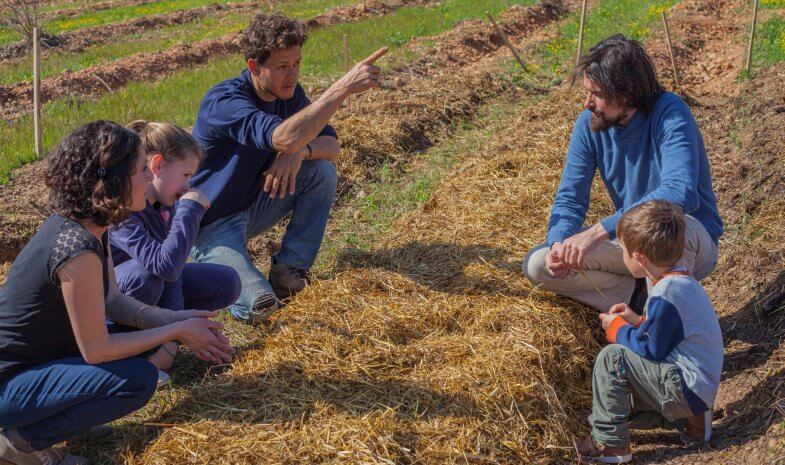

“As the local coordinator, my responsibility is to develop actions benefiting the gorillas and the local communities. We decided to start by building a primary school which today serves 80 children. I supervised the construction, recruited teachers and conducted a socio-economic survey of households to identify their needs (…) The people will change their behaviours. It is a slow process and it will take time. The change will occur first among the younger generation that is now studying at the school because they will adopt a different point of view on things through education. For example, they will understand that gorillas are important for the forest and that they should not be killed.”
Donald Mbohli project field coordinator